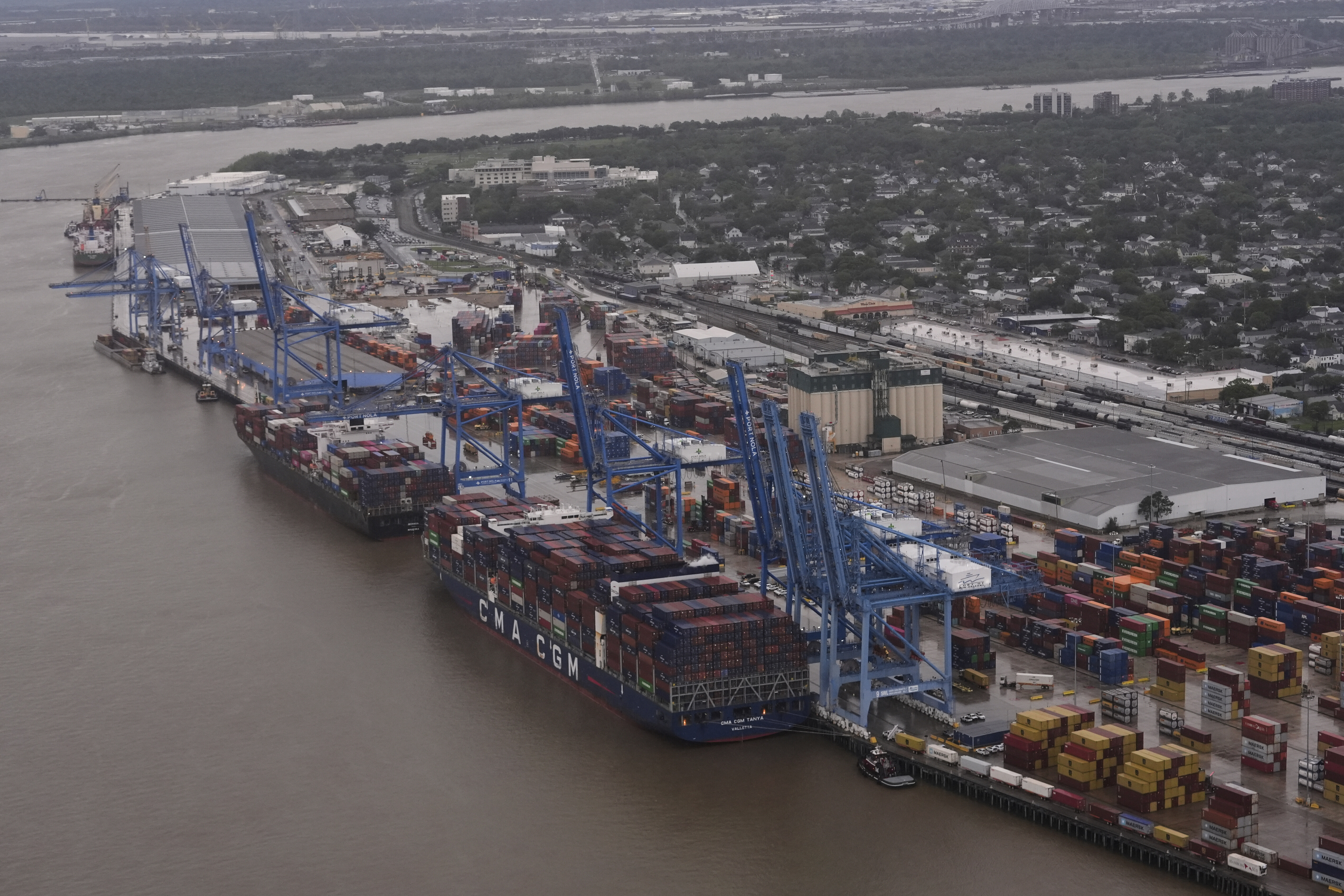Having created a strong relationship with Berlin, Putin established a similar relationship with France's then-President Jacques Chirac. France's position is different from Germany's in that France is not connected economically or politically with Russia. However, Paris understands the history of strong Berlin-Moscow ties and what those mean for all of Europe. France thus has an interest in making sure it is not left out when Russia and Germany meet. The relationship between Chirac and Putin took this a step further.
At the beginning of their relationship, Putin and Chirac allied politically against the U.S.-led war in Iraq. This was important to Moscow because it undermined NATO's unity on a critical issue. More important for Russia's interests, Chirac lobbied against NATO's expansion to include the Baltic states of Estonia, Latvia and Lithuania. The Baltics were admitted despite Chirac's objections, and when the next NATO summit occurred -- in Latvia -- Chirac invited Putin to the meeting as his guest.
Putin was close friends with the French and German leaders, but he was like a brother to Italy's then-Prime Minister Silvio Berlusconi. This relationship was more personal, because Italy was not as strategic (or threatening) as the other two European powers. Putin and Berlusconi vacationed together, spent birthdays together and bought each other expensive gifts. In 2011, when Berlusconi was on trial for sexual improprieties, Putin publically defended his friend, saying the allegations were "made out of envy." The Putin-Berlusconi friendship led to relationships between Russian and Italian energy companies, banks and military industrial projects. Most notable, Putin was able to use his relationship with Berlusconi to get Gazprom access to Italian state-linked energy giant ENI's assets throughout North Africa, particularly in Libya.
Putin's personal connections with Germany, France and Italy did not change with the leadership shifts in each country from 2005 to 2007, nor did they change when Putin left the presidential spotlight to become prime minister in 2008. Putin used the momentum built under the previous governments to forge relationships -- even if not as personal -- with German Chancellor Angela Merkel, French President Nicolas Sarkozy and (for a time) Italy's then-Prime Minister Romano Prodi. Putin's circle of friends and associates helped him shape some of Russia's most important strategies in Europe: complicating NATO expansion, pushing Moscow's agenda with NATO, expanding military relationships and becoming capable of invading Georgia without European or NATO intervention. It is not that all of this was possible because of Putin's personal relationships with the leaders of Italy, France and Germany, but those connections facilitated many of the deals that made Russia's progress possible.
Changes Across Europe
As Putin returns to the presidency, he faces a very different Europe -- one in which nearly all of his close friends are out of power. As prime minister, Putin focused on Russia's internal issues while Europe became embroiled in a political and financial crisis that has affected the Continent as a whole. Europe is not as concerned as it once was with the wider world (including Russia). Instead, each state is focused on keeping itself -- and some form of the European alliance -- intact.
Voters have ejected two of the three Russian-friendly European governments during these crises. Berlusconi and his political machine were forced from power in favor of technocrat and now Prime Minister Mario Monti. Monti lacks the political mandate or the will to become involved in geopolitical alignments like a close relationship with Russia. France's Chirac has retired from politics, and Sarkozy was voted out of office the day before Putin was inaugurated. France's Hollande surrounds himself with politicians who have not been in government at any point when Putin was in charge in Russia. This leaves Merkel, whose ties with Putin are the weakest in the Russian leader's European circle. Furthermore, Merkel is concerned with holding Europe together, leaving little time or interest for Russia's plans for Europe.












